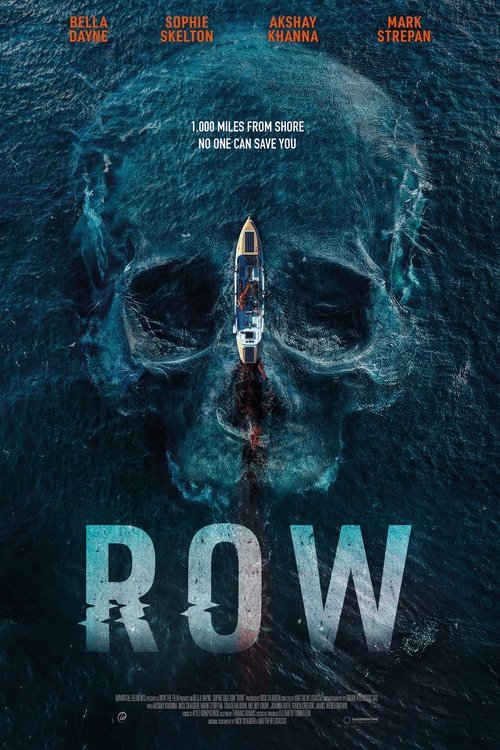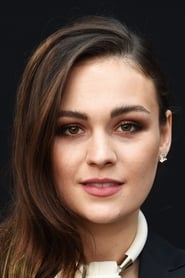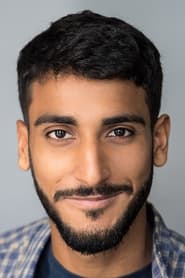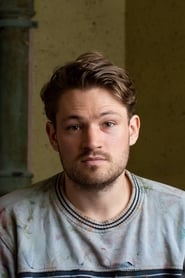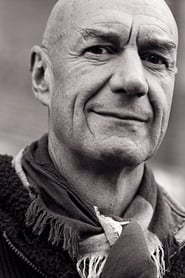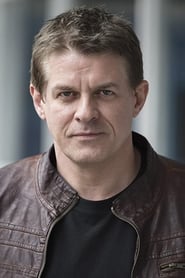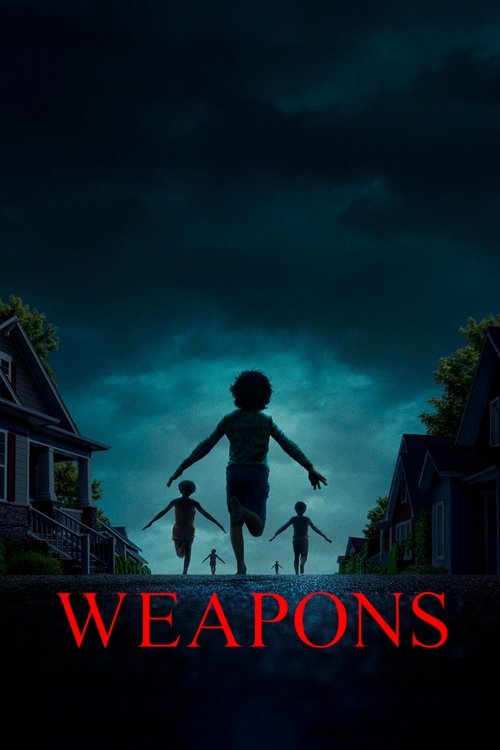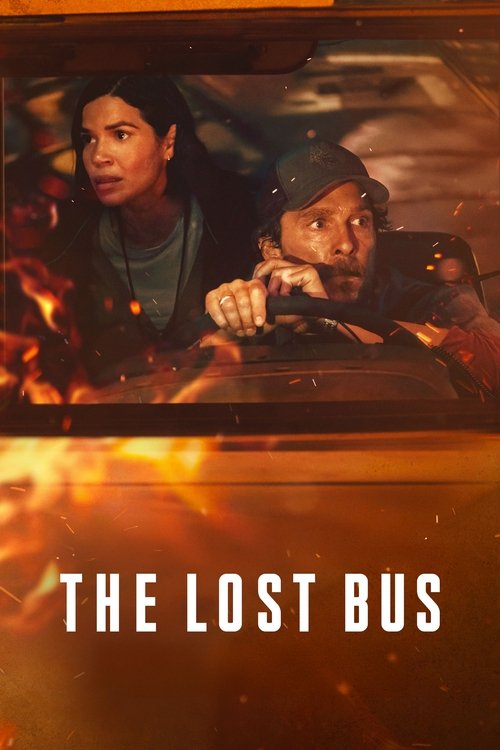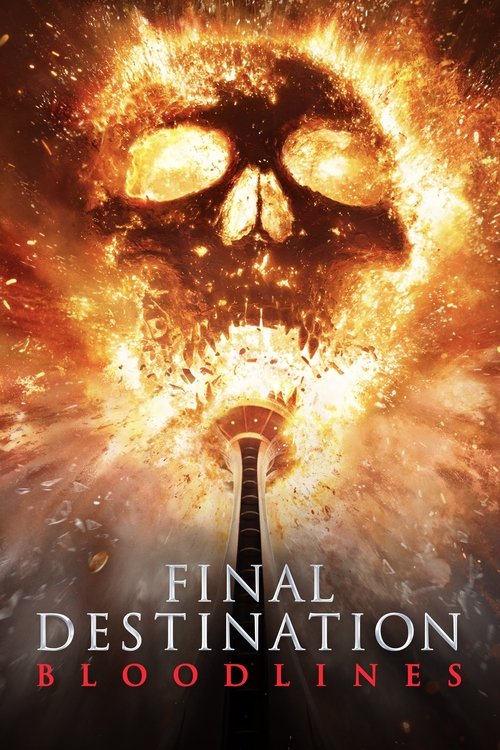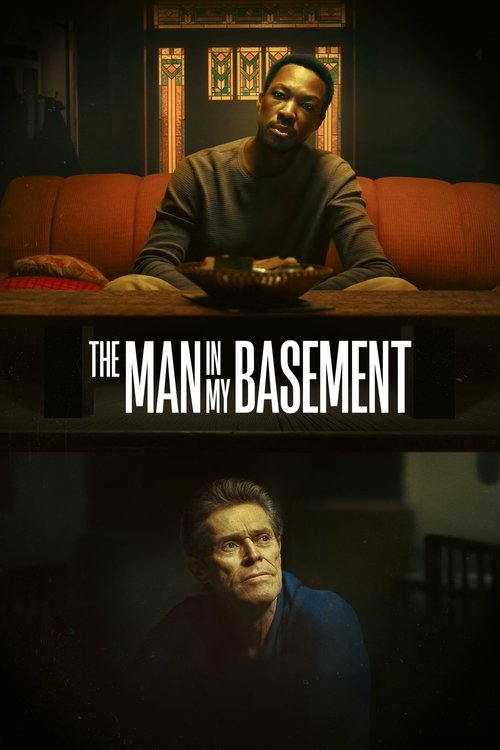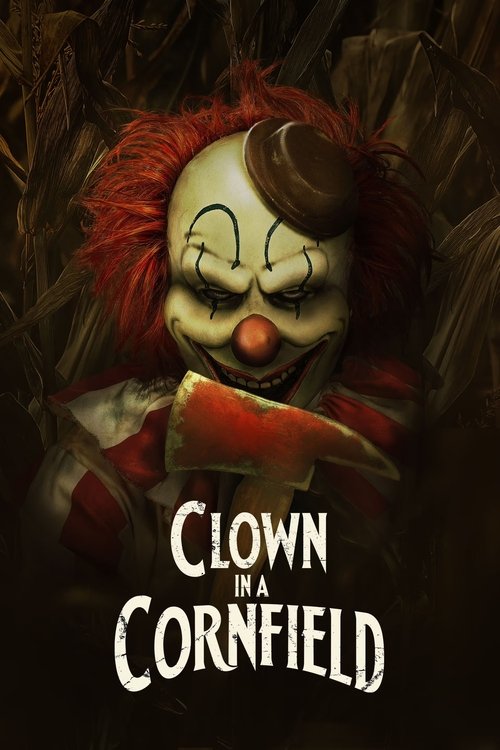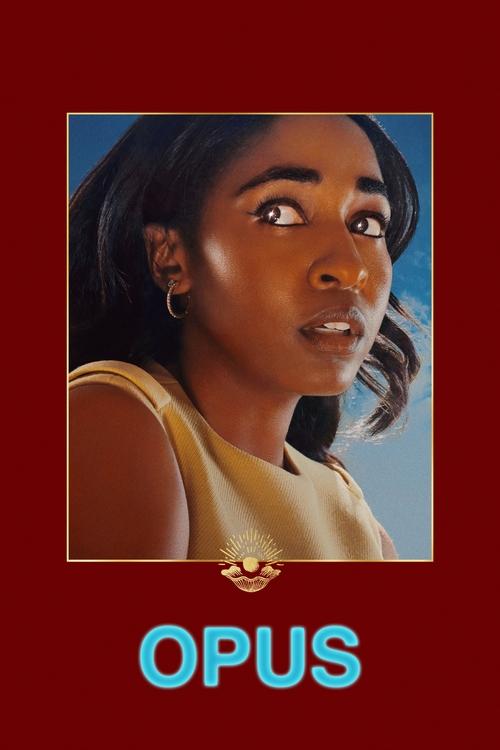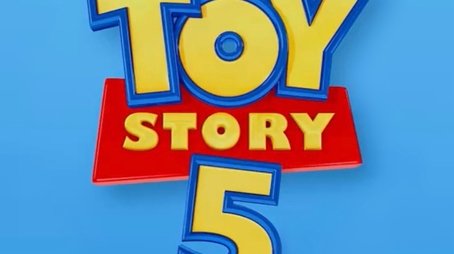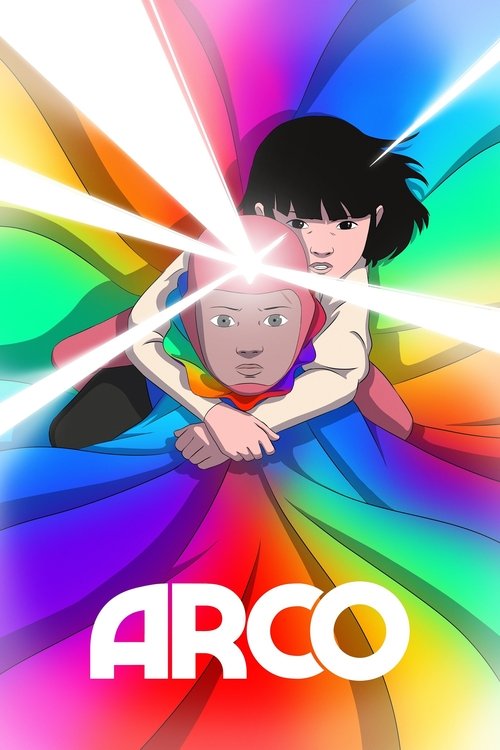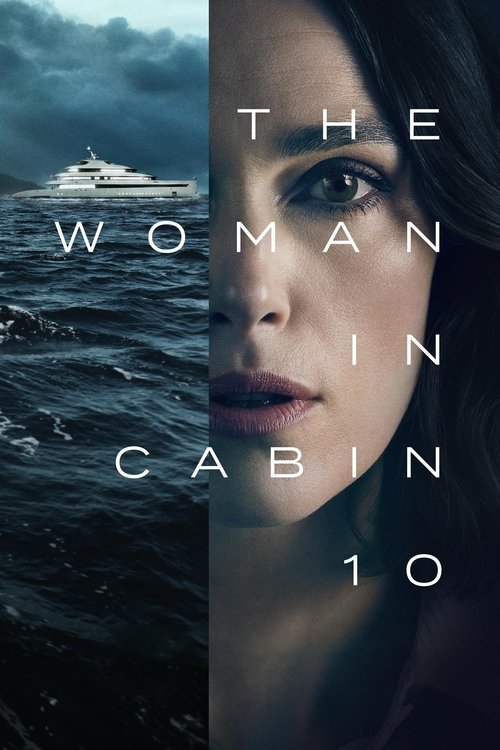
Ask Your Own Question
What is the plot?
The film opens on a scrubby plateau where Karim works at an ostrich farm. He walks among the enclosures, checking fences and carrying feed, while his wife and children live in a nearby village built against the mountains. During Karim's shift an ostrich breaks through a weak section of wire and bolts across the dirt road. Karim gives chase, sprinting after the bird through rocks and thornbush, but the ostrich slips away into the hills. Karim returns to the farm crestfallen. He searches the ridges himself for days, finding scattered ostrich eggs hidden in clutches among the brush, but he never locates the missing bird.
At home, that same day, Karim's daughter Haneyah loses the small hearing aid that helps her understand the world. The device slips from her ear and falls into a cesspool where Karim's eldest son, Hossein, and three neighborhood boys are making a game of splashing and poking at the filth. The boys promise to climb into the foul water and retrieve it but the hearing aid sinks beneath rotting leaves and sludge. Haneyah sits on the low threshold of the house and presses her palm over her ear; without the device her speech and the voices around her blur. Karim cannot afford to replace it.
When Karim confronts his son about the boys' presence at the cesspool, Hossein insists he and his friends are there with a plan. He explains, in blunt and excited tones, that they intend to clear the cesspool, line it, fill it with clean water and stock it with fish. They calculate loudly, scribbling numbers in the dust, claiming they can raise and sell the fish for a fortune--"millions," Hossein says--enough to pull the family out of debt. Karim shakes his head and forbids Hossein from pursuing the idea, slapping at the boy's shoulder and telling him to focus on steady work instead. The family's cupboards are thin, but Karim still splits what little food they have with neighbors who arrive asking for a handout.
Determined to fix Haneyah's hearing aid, Karim hops onto his battered motorcycle and rides down the serpentine mountain road to Tehran. He pushes the bike through the city's heat and noise, and while he is waiting outside a small repair shop a local man mistakes Karim for a taxi driver and asks for a lift. Karim obliges, but the exchange turns transactional: the man pays Karim a fare. Karim realizes that ferrying people around the urban grid is far more lucrative than peeling ostrich feed across the plateau. He starts to circle busy avenues and neighborhoods, collecting passengers, delivering them to markets and clinics, and pocketing fares that begin to swell his pockets.
While working in Tehran, Karim also begins to scavenge. At construction sites and behind shops he picks through discarded objects: warped TV antennas, dented doors, cracked window frames, bundles of copper wire, a half-broken lamp. He loads these items onto his motorcycle and hauls them back to the village, stacking them in a growing mound beside his house. He installs a reclaimed metal door and fits a mismatched window frame to a wall. He hangs a stolen antenna on their roof and rigs it to catch signals. With the extra money from taxi fares and the salvage he repurposes, Karim pays down some debts at the grocer and puts a small sum into a tin for savings. He tells himself that he will repair Haneyah's hearing aid; for a moment he allows the hope of restoring her hearing to justify his long rides and his stubborn hoarding of things that once belonged to others.
As his fortune increases, Karim's behavior shifts. He begins to hoard the materials he brings home, keeping the door frames and the antenna for himself even when neighbors' roofs leak and children's doors sag. He raises his voice in the marketplace and stops sharing the small parcels of rice and flour that used to be common between families. When Hossein continues to spend afternoons at the drained cesspool, sweeping and lining the mud, Karim reprimands him hard. He grabs Hossein by the collar, pulls him into a narrow alley and slaps him, berating him for wasting time on "stupid" dreams instead of earning steady money. The men begin to gossip; they see Karim's temper flare when a neighbor's boy speaks to Haneyah and he strikes the girl lightly across the face, scolding her for talking to a boy in the street. In a late-night scene Karim rides back into the village with a plan and a hungry look; he stares through the open window of a small appliance shop, eyes fixed on a refrigerator on the display floor, and for a breath he considers forcing the door, lifting the unit onto his motorcycle and taking it away. Neighbors watch as Nargess, a woman who lives nearby and often receives Karim's small acts of kindness, sees his mood and weeps privately; she covers her face and cries at how he has changed.
Karim's pride culminates in the construction of a heap beside his home. He piles doors and window frames, lengths of pipe and wood, an old couch and other salvaged objects into a teetering mound that grows higher by the week. Atop this mountain Karim moves about as if surveying his kingdom; he climbs to drag a rusted antenna into place and stands over the ridge of junk, feeling the wind. One afternoon as he shifts a heavy sheet of corrugated metal the stack finally gives. The lower supports slip and the entire pile cascades. Karim tumbles with the fall; his ankle and leg buckle beneath him as a jagged piece of metal strikes his thigh. He screams as his leg twists; villagers rush from their homes and haul him out from the wreckage. His leg hangs at an unnatural angle and he moans. No one in the immediate community can reset a broken bone, so they carefully lift Karim onto a wooden plank and carry him down the rocky path.
Neighbors who once complained about his stinginess now prove generous. They prop Karim into the back of a battered pickup and drive him back to Tehran to see a doctor. In the clinic Karim endures X-rays and splints; the doctor, blunt and professional, tells him his leg is broken and will require weeks of immobility. Doctors wrap his limb in plaster and give Karim painkillers. While he reclines on the cot in the hospital's white light he watches his family through a doorway; Nargess and other neighbors bring food and blankets, and his wife bargains with merchants to pick up small jobs. Hossein and his friends take on short hauling and laboring work in the village and on nearby farms. The family's mood shifts into action; they fill the holes Karim's absence creates.
Once Karim returns home with a heavy cast on his leg, his family starts to redistribute the salvaged materials he had stockpiled. Children, neighbors and Hossein lift door frames and carry old window panes to houses where they best fit. Karim, confined to a low bed and bound by plaster, peers through nodding curtains and watches as the community reclaims what he once hoarded. Hands that once took without asking now give back to heal. Seeing the distribution of his pile, Karim's face registers remorse and bewilderment; he cannot walk but his chest tightens with shame and gratitude.
While Karim is still attending a follow-up appointment in Tehran to have his cast checked, he hears from Hossein over the phone. Hossein tells Karim, voice steady and proud, that he and his friends have kept working on the cleansing of the cesspool and, through small jobs and careful saving, they have managed to buy live fish and feed for a small pond they have constructed. Karim listens to the news and his lips move; he does not interrupt. Hossein describes the makeshift tank they built from old tarpaulin and a wooden frame, and he recounts how they carried buckets of fresh water from a distant well, lifted stones to secure the edges, and aerated the new pool with an improvised pump. Hossein says they filled a barrel with the fish in order to transport them to the pond that afternoon. Karim nods faintly and tells them to be careful.
On the road home from the clinic the family rides in a rattling truck laden with supplies. The barrel that contains the boys' fish sits precariously atop the load. As the driver negotiates a sharp curve a seam in the barrel tears open; water and fish spill onto the wooden bed and then slosh over the side onto the dusty pavement. The truck comes to an abrupt halt. Hossein and the other boys tumble from their seats and run alongside the vehicle. People in the market shout as silver flashes beat on the sunlit stones. Hossein lunges, scooping handfuls of gasping fish into his cupped palms, but the majority of the slippery fish tumble and slide toward a curb that leads to a gutter. The boys scream and throw themselves into motion, bending and scooping until their hands are raw. They find a narrow channel where a trickle of rainwater has formed--a shallow gutter that flows into the sewer. Hossein plunges his hands into the channel and pours fish into the rushing current. The fish slide away, pushed by the current into the dark mouth of the sewer, and for a breath the boys stand panting, covered in dirt and water, watching the last of their stock disappear.
Karim, carried on a stretcher because his cast prevents him from walking, recognizes the look on his son's face. He knows the hours of labor the boys have invested in that pond. He hears the small, broken words of apology from Hossein and the pained denial from the younger boys. For the first time since his change, Karim speaks with clear kindness: he reaches out, grasps his son's muddy hand and squeezes it. He tells Hossein not to give up; he encourages them to rebuild the barrel and try again. The encouragement is physical and immediate: Karim uses his limited strength to point where they can find spare tarpaulin and persuades a passing mechanic to lend a cylinder for aeration. Hossein's shoulders lift. The boys, reanimated by Karim's words, carry one remaining fish--small, flopping and desperate--back to the pond and set it trembling into the water. They sit for a long time, watching the fish swim in wide circles and begin to settle.
That night Karim sleeps fitfully in the low room beside the open window. The house is quieter than it was a month before; the cast weighs heavy on his leg and his chest aches with a mixture of pain and relief. In the morning a sparrow has flown into the house and trapped itself between a curtain and a beam. Haneyah, without her hearing aid still, notices the fluttering and calls softly to her father. Karim, still stiff but moving with more tenderness than before, reaches up and coaxes the bird into his hands. He cups the sparrow on his palm and opens the window. The bird hesitates one moment and then bursts into the sunlight, wings beating free.
A neighbor arrives soon after, out of breath. She raps gently on the doorway and leans against the frame with her head bowed. She tells Karim that the ostrich that fled the farm has come back. She saw it that morning at the far end of the pasture, pecking placidly at the scrub. The news hangs in the air; Karim closes his eyes for a long second and then opens them. He can imagine the gray-brown flare of feathers and the strange, luminous eye of the bird. Whether or not the farm owner will reinstate him, the neighbor implies, the creature's return means the work of his old life may be there for him once again.
The film ends with Karim sitting at the edge of the pasture, his plastered leg propped on a low rock. He watches the ostriches stride through the scrub, their long necks moving like a slow wave. Around him Hossein and the boys crouch beside the small pond, peering into the water where the single fish loops in lazy circles. Haneyah sits near her father and leans her head on his shoulder; she still does not wear a hearing aid, but she smiles when a neighbor calls out across the field. Nargess stands a little apart, wiping her hands on her apron, and Karim meets her eyes and nods faintly. No one in the village has died during these events; the community bears the scars and bruises of living, but everyone who mattered before the pile fell is alive when the film closes. Karim breathes in a long breath, and the last frame holds on his face as he watches the ostriches moving in the sun, a small and steady smile settling on his lips.
What is the ending?
Since there is no detailed information available about the ending of a movie titled "Row" produced in 2025, I will focus on the available information about a similar-sounding movie, "ROW Official Trailer (2025)" for a thriller movie. However, the details of this movie are not fully provided in the search results. For clarity, I will address the mix-up and provide information on the movie that is available.
Short Narrative Ending (Not Available for "Row" 2025)
Unfortunately, there is no specific information available about the ending of a movie titled "Row" produced in 2025.
Expanded Answer for "ROW Official Trailer (2025)" (Not Available)
Given the lack of information about the movie "Row" from 2025, I cannot provide a detailed description of its ending.
However, if you are referring to the thriller movie mentioned with a similar title or context, here is how one might structure an expanded narrative for such a film, based on generic thriller movie plot elements:
Imagine a thriller movie where the protagonist, perhaps a seasoned adventurer or athlete, embarks on a perilous journey. The story might begin with this character facing a daunting challenge, such as a trans-Atlantic attempt that fails, as hinted in some trailers.
-
Opening Scene: The movie opens with the protagonist, possibly reflecting on past failures or injuries, setting the stage for a new challenge. This could be a voiceover or a series of flashbacks showing the protagonist's abilities and past successes.
-
The Journey Begins: The protagonist sets out on their journey, facing initial obstacles that test their resolve. This could include harsh weather conditions or unexpected challenges that force them to adapt.
-
Midpoint Crisis: The midpoint might involve a critical event or realization that changes the protagonist's perspective or forces them to reconsider their goals. This could be a dramatic moment where they confront their fears or doubts.
-
Climax: As the protagonist nears their destination, the stakes become higher. They might face a final, intense challenge that requires all their skills and determination to overcome.
-
Conclusion: The ending could be a mix of triumph and reflection. The protagonist might achieve their goal but not without scars, either physical or emotional. This could be a moment of introspection, where they realize the true cost and value of their journey.
Without specific details about the movie "Row" from 2025, this structure provides a generic outline for a thriller or survival story. For an accurate description, more information about the movie would be needed.
Is there a post-credit scene?
There is no available information indicating that the movie titled "Row" produced in 2025 has a post-credits scene. The search results do not mention "Row" specifically in relation to post-credits scenes, and similar 2025 movies like "Together" and "Drop" are confirmed to have no post-credits scenes. Other movies mentioned with post-credits scenes, such as "Sinners," are unrelated to "Row". Therefore, based on current data, "Row" does not have a post-credits scene.
What traumatic events lead to Megan being the sole survivor found on the rowing vessel?
Megan is found bloodied and alone on a rowing vessel after a doomed transatlantic expedition with three others. The journey involved last-minute crew substitutions, equipment failure, infighting, and even mutiny, which contributed to the disastrous outcome and her trauma.
How does the film portray the psychological unraveling of the crew during the voyage?
The film shows the slow unravelling of camaraderie, purpose, and sanity among the crew as they face the hostile sea and claustrophobic conditions aboard the fragile boat. The psychological tension is depicted through interwoven timelines of Megan's convalescence and flashbacks to the voyage.
What role does Megan’s trauma and memory loss play in the investigation of the expedition?
Megan's muddled memories and trauma make her unable or unwilling to provide clear answers during the inquiry into the expedition, making her the focus of the investigation as authorities try to piece together what happened.
What specific conflicts or incidents occur among the crew during the voyage?
The voyage is marked by infighting and mutiny among the crew, alongside equipment failure and last-minute crew changes, all of which contribute to the failure of the record-breaking attempt and the psychological breakdown of the team.
How is the setting of the North Atlantic and the boat itself used to enhance the film’s tension?
The cold, unforgiving waters of the North Atlantic and the claustrophobic, fragile rowing vessel create a hostile environment that amplifies the psychological thriller elements, emphasizing both the merciless forces of nature and the human horror of being trapped together under extreme conditions.
Is this family friendly?
There is no specific information available about potentially objectionable or upsetting scenes in the 2025 movie titled "Row" that would be relevant for children or sensitive individuals. However, given that the movie involves a woman washing ashore on a blood-stained rowing boat with missing crewmates, it might imply themes or scenes that could be mature or distressing for younger audiences.
For a more detailed assessment, it would be advisable to wait for reviews or parental guides once the movie is released. The movie is set to release on June 21, 2025, and it doesn't appear to be promoted as a family-friendly film based on the available information.
Does the dog die?
There is no information in the provided search results about a dog dying in the movie "Row" produced in 2025. The plot revolves around a woman who survives a failed trans-Atlantic rowing attempt and finds herself ashore with her crew mates missing, but there is no mention of a dog in the plot summaries.

